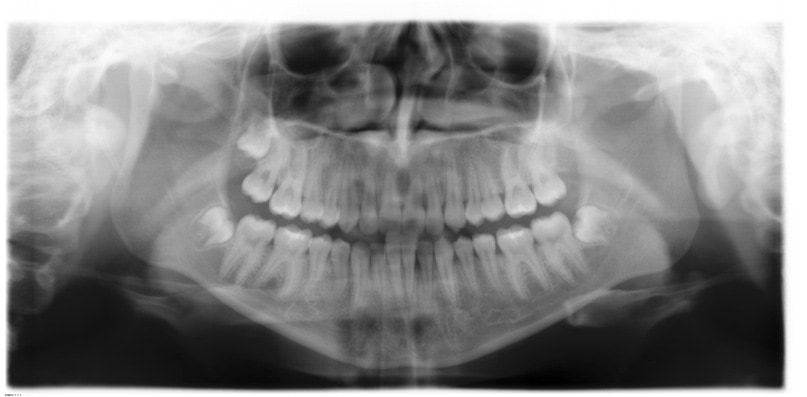The “TMJ” is short for temporomandibular joint. The TMJ joints are what connects your lower jaw (mandible) to your skull (temporal bone) on either side of your head just below your ear. This joint is arguably one of the most complex joints in the human body due to its functions of moving forward, backward and side-to-side. This joint is extremely important to keep in good health, as it is responsible for aiding in talking, chewing, swallowing and yawning. There are many TMJ symptoms that can arise with this joint and depending on severity, can sometimes be classified as Temporomandibular Disorder (TMD).
What is TMD?
Most often, TMD can be caused by trauma to the joints or degenerative diseases such as arthritis. It has also been found that people who are grinders or clenchers are at a significantly higher risk of suffering from some form of TMD. In the same respect, TMD can be made worse by clenching and grinding, which is why a night guard is recommended. There have also been links to show that ill-fitting dentures, repetitive fingernail biting and stress can all be contributing factors to TMD. It is important to identify TMJ symptoms in order to get an early diagnosis and early treatment.
TMJ Symptoms
The following are common symptoms of the TMJ associated with TMD:
- Pain or tenderness around the TMJ
- Pain or tenderness in front of, or behind the ear
- Difficulty opening or closing your mouth
- Clicking, popping, crunching (crepitus) with pain when chewing, yawning or talking
How We Can Help
After a full assessment and necessary xrays, we can help you to a better lifestyle, away from TMJ symptoms. We can also provide certain relaxation techniques, pain medication for inflammation of the joint, approaches to getting a good night sleep or fabrication of a night guard to help cushion the impact on the joints if clenching or grinding occurs. If you have any questions or concerns about your TMJ, stop suffering and give us a call!

